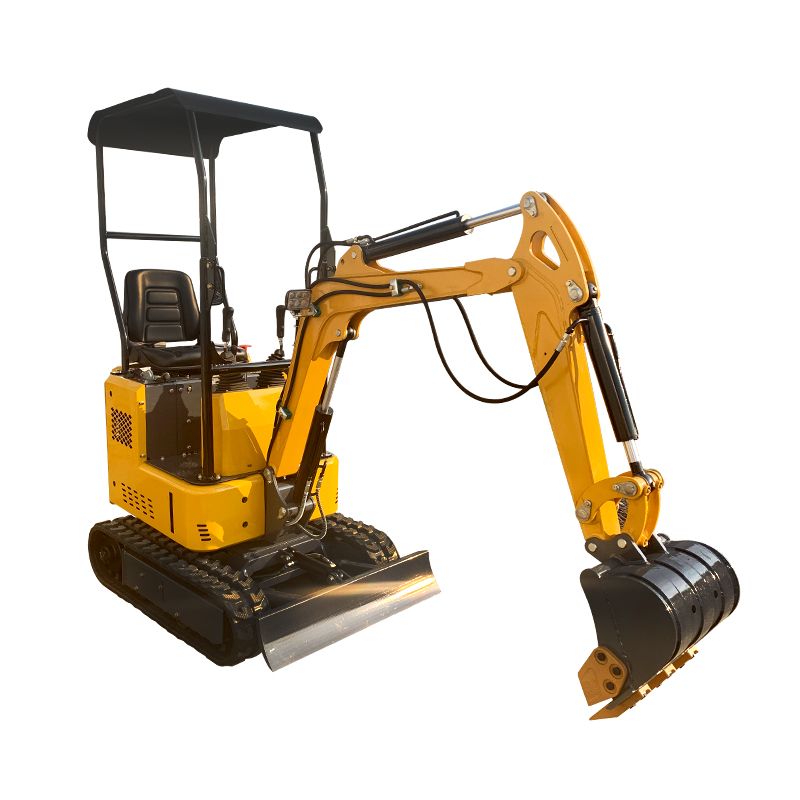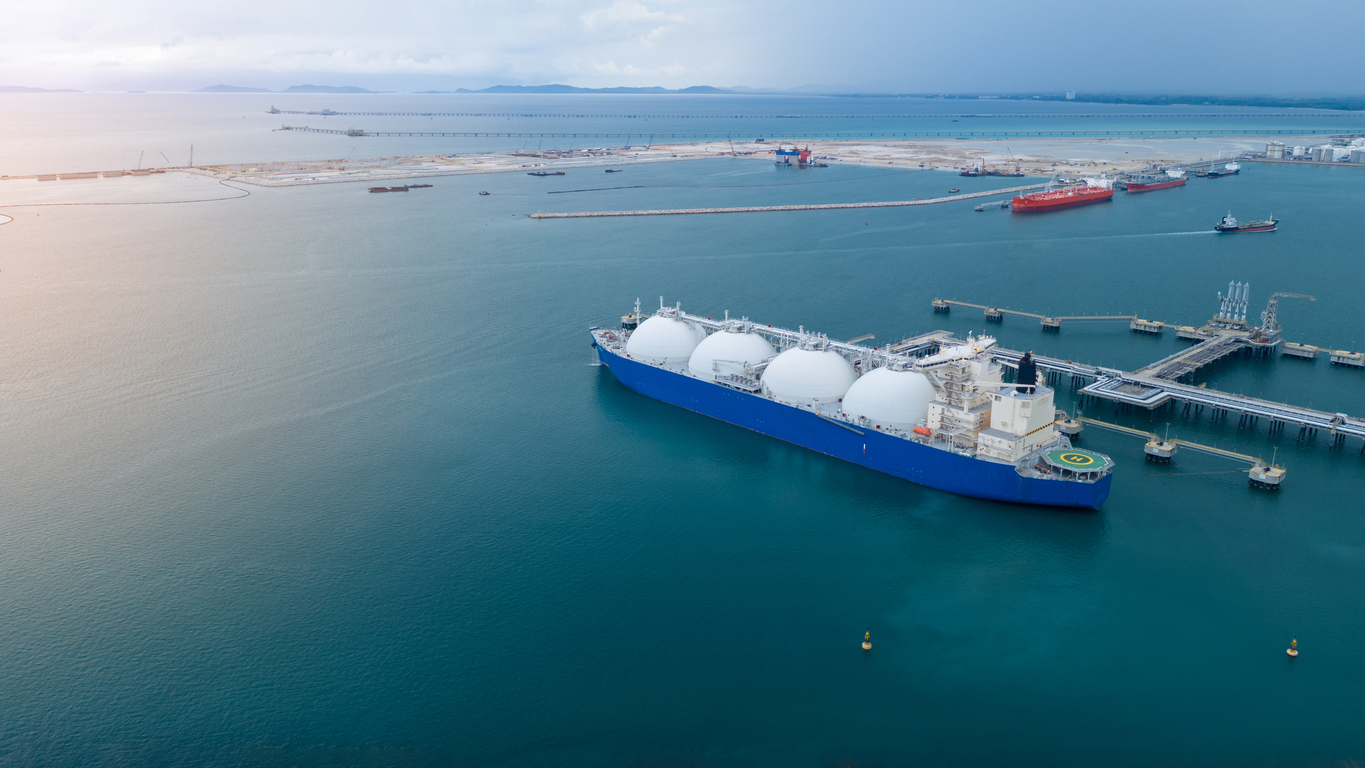How to Buy and Export Large Construction Vehicles from South Africa
How to Buy and Export Large Construction Vehicles from South Africa
Selling and exporting large construction vehicles is an opportunity not all businesses realize they can take advantage of. However, with the recent growth in demand for these types of machines, there’s a lot to be gained from selling and exporting them as finished products rather than raw materials that must be shipped elsewhere for processing. A large construction vehicle (LCV) is any kind of heavy-duty motorized piece of equipment used primarily in construction work. They tend to be larger than standard cars or trucks but smaller than semi trucks and other commercial vehicles. The most common examples include excavators, bulldozers, pipers, crawler tractors, and roller-stamping machines.
What to know before selling and exporting construction vehicles
The first step in selling and exporting construction vehicles is to understand the exact regulations for doing so in your country of business. There are a number of regulations to take into account, and the two most important ones are the customs regulations and the health and safety regulations. Customs regulations concerning construction vehicles will vary by country, so you’ll want to check the regulations in the country where you’re selling the vehicles and the country to which they are being exported. Exporting regulations and customs requirements include, but are not limited to, the type of documentation required, the type and number of documents, the percentage of parts that must be manufactured in the exporting country, and the type of transport used to ship the vehicles. Health and safety regulations to consider include, but are not limited to, the type of fuel and/or engine used, the number of passengers the vehicle can hold, whether or not the vehicle has airbags, and whether or not the vehicle is capable of being driven on public roads.
Exporting Requirements for Large Construction Vehicles
Each country has different regulations concerning vehicle safety and emissions, so it’s important to know which countries you can export to and what the prevailing requirements are for large construction vehicles when exporting. Importing countries have different standards for emissions, safety, and maximum vehicle size. This means that even if your vehicle complies with all regulations in your country, it may not pass inspection in the country to which it is being exported. There are a number of organizations and websites that can help you figure out the regulations and requirements for the country to which you intend to export. The countries listed below are the top places to export to. China – The main things to note when exporting to China are that your vehicle must comply with safety and emissions standards, and you must have a Chinese partner. India – To export to India, you must comply with safety and emissions standards. Brazil – To export to Brazil, you must comply with safety and emissions standards. Russia – To export to Russia, you must comply with safety and emissions standards, have a Russian Commercial Invoice, and have a Russian Customs Invoice.
Selling your LCV(s) through an Agent
If you’re just getting started selling and exporting construction vehicles, it can be a hassle determining which regulations must be met, which documents are required, and where to go to have them processed. If you are not already set up to export or do not have the time to do so, you can simply sell your LCV(s) through an agent. Agents are middlemen who can help you sell your LCV(s) more quickly and efficiently. Before choosing an agent, research what they charge and what they’re able to do for you. Some agents charge a flat fee per vehicle while others charge a percentage of the sale. Some may be able to offer financing, whereas others will not. Make sure you understand your obligations and the agent’s obligations before signing on with one.
Export Via Container Shipment
If your customers will accept LCV(s) that are not fully brand new, this is one of the easiest ways to sell and export construction vehicles. When exporting via container shipment, you simply ship the vehicles in containers from the port nearest you. In the port, you’ll need to obtain an export declaration and an inspection certificate for each vehicle. You can either have these papers issued at the port or have the port send them to you. Once the port has issued the documents, you will need to send them to your customer. Your customer will then send you the payment for the vehicles, and you will send them the vehicles upon receipt of payment.
Export via Full Trucking Charter
If your customers want brand new construction vehicles, a full trucking charter is another good way to export construction vehicles. If you have a large order to export, a full trucking charter may be your best option. A full trucking charter is basically hiring a trucking company to drive your vehicles from your port to your customer. A full trucking charter is a great option for exporting large orders of new vehicles. The only drawback is that you must have a large order to make it worthwhile.
Conclusion
Selling and exporting construction vehicles can be lucrative if you have a large order or multiple orders to fill. However, it is important to understand the regulations and requirements associated with exporting construction vehicles. You can save yourself a lot of hassle and get your vehicles to their destinations more quickly and efficiently by understanding which regulations must be met, which documents are required, and where to go to have them processed. If you are not already set up to export or do not have the time to do so, you can simply sell your LCV(s) through an agent.








LEAVE A COMMENT
You must be logged in to post a comment.